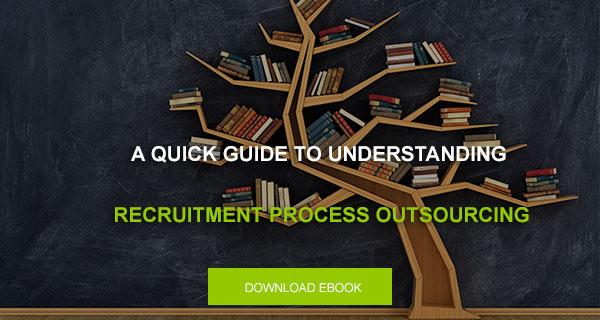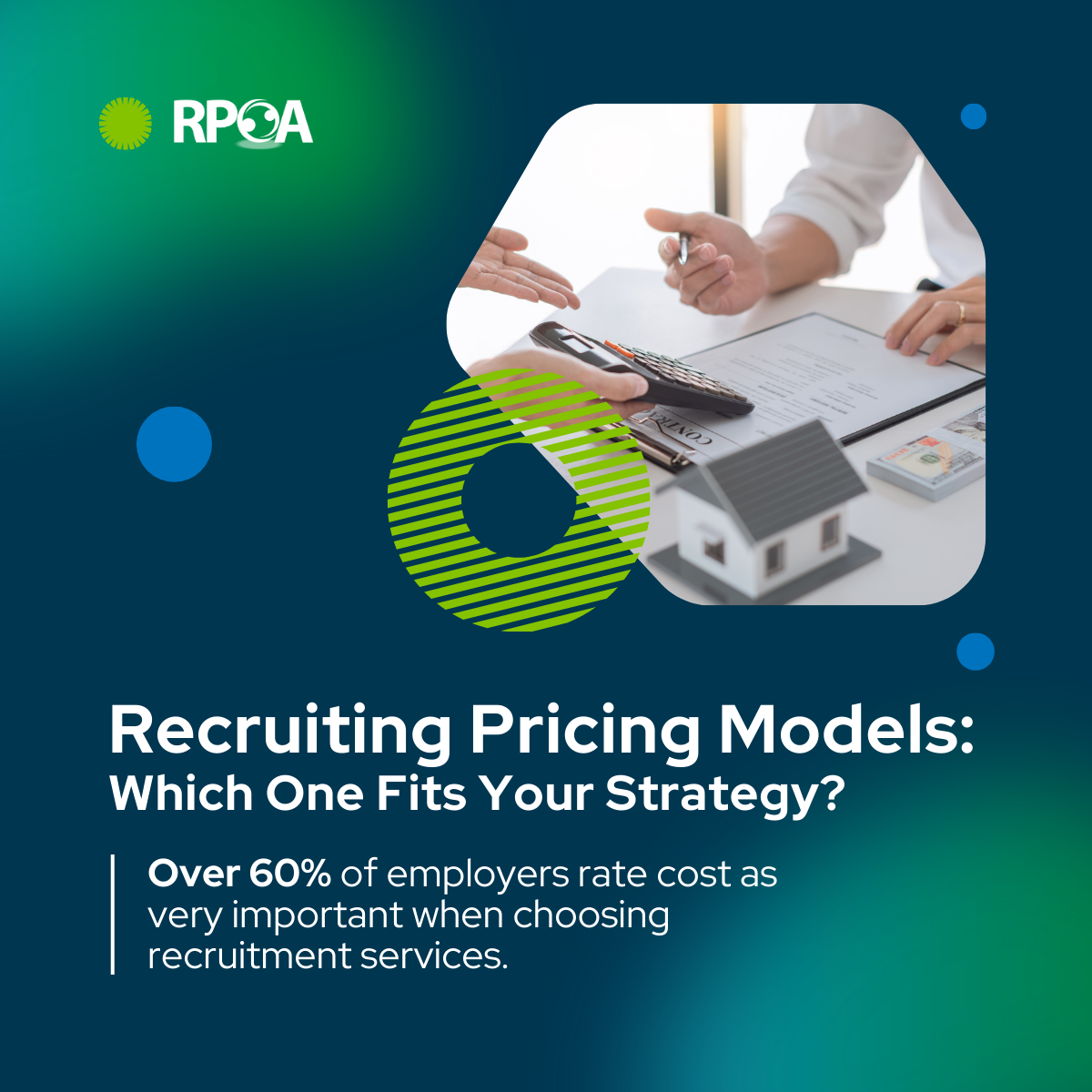
While recruitment process outsourcing has been gaining popularity in the past few years, for many working with an RPO provider still seems mysterious with many unanswered questions. In this edition of #AskAnRPOExpert, John Younger, founder and CEO of Accolo, answers questions related to working with recruitment process outsourcing providers as they relate to corporate culture and keys for success and failure.
RPOA: What’s your practice for aligning the RPO provider with the client’s culture, as many companies hire based on soft skills?
Younger: Recruitment process outsourcing (RPO) is an extension of your team and your culture, so part of what I’ll call the implementation is to understand your culture deeply. One of the things that we’ve found is that companies will say, “Our culture is really important,” but then you go look at their job description and they’re generic, they’re boring, and they don’t answer the question about why you care and what the culture’s like. So even though the company has this emphasis on culture, right out of the gate the recruiting function and the HR function are not propagating that culture at all through those job descriptions and initial interview questions. And that’s the perfect time to do it because you’re going to inherently attract people who are a better fit if the descriptions and questions are well-crafted.
For example, one of the companies we work with has a really fun culture. They play ping pong, they have get-togethers every Friday, and so right in the job descriptions we talk about ping pong and Friday outings. The person who wants to work at Bank of America and wear a tie and be more formal is not going to see themselves as a good fit there, and they’ll swipe out. And other people who hadn’t considered working for that company will actually be attracted to it. Culture starts with how you communicate what we call the love letter, not the job description. The love letter is a first step to communicating the culture, and the RPO will come in and look your culture very carefully and work at crafting descriptions that propagate that culture.
If you want to see some examples of amazing job descriptions that really work, go to our sister company HireMojo.com, and type in any title you want. Together HireMojo and Accolo have filled tens of thousands of jobs, and you can see the job descriptions that have worked best and had the best hires in the shortest amount of time.
What are some of the reasons an RPO engagement may not produce quality hires?
If an RPO produces poor hires, my guess is that it’s directly related to a structural, procedural, or contractual problem right at the beginning. I’ve seen it where an organization will engage an RPO and say, “You have to use our generic descriptions, you cannot deviate. You have to not ask any questions up front of any value or significance, you cannot follow up with each candidate the way you would normally do, and you can’t talk to the hiring manager directly to ascertain the four pieces of information you need.” And then they wonder why the hires aren’t very good.
The question I would ask is, did the RPO receive a message from HR that they have to work within very tight constraints of an existing process that didn’t work very well, or did that RPO have more latitude to apply the process that they knew would work? Because if it is the latter, I would be very surprised if the engagement resulted in poor hires. That has not been our experience. I can also tell you firsthand that when the process is dictated, with big companies, small companies, almost every time a company tells us, “we really want to work with you and RPO, but we really want you to use only our ATS, you have to use only our tools, you have to not talk to the hiring mangers directly” we turn and run in the other direction. At that point, you don’t want an RPO. You want to keep the status quo, so hire some contract recruiters, and best of luck to you.
What are the essential requirements for a company considering RPO?
If you’re going to try RPO, do these three things: first, make sure you get executive support and buy-in. If you don’t have that, it becomes a struggle the whole way through for both you and the RPO provider. Second, if you’re not ready to jump into RPO full force, see if you can work with an RPO provider on a pilot. That would be something like 30, 40, or 50 jobs, very small, very contained. Number three is to make sure that as you roll this out in the pilot form there’s a natural transition for something more meaningful to the RPO, rather than “here’s three jobs we can’t fill, let’s see how that works.” Don’t even go there. Make sure it’s a big enough size and make sure you have the scope. So again, get executive support, scope out something in the 50-60 job range if you’re not sure, and make the metrics clear up front. That’s what I suggest.
About Accolo
Accolo is an award winning Recruitment Process Outsourcing (RPO) provider. Companies engage Accolo as their turn-key internal recruiting department, an extension of their existing recruiting team or as their On-Demand recruitment capacity partner. Accolo’s unique application of the “art” of recruiting within a highly elastic and automated framework, along with an expansive professional network of trained and certified hiring consultants (recruiters), delivers quantifiable improvements in recruiting elasticity, quality, efficiency and cost.















